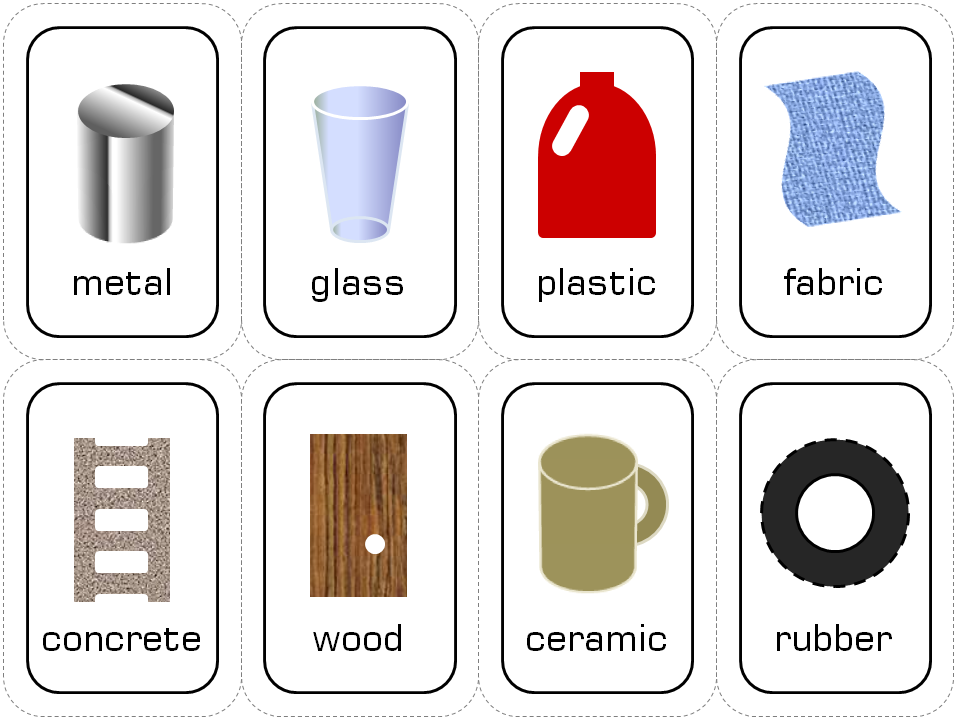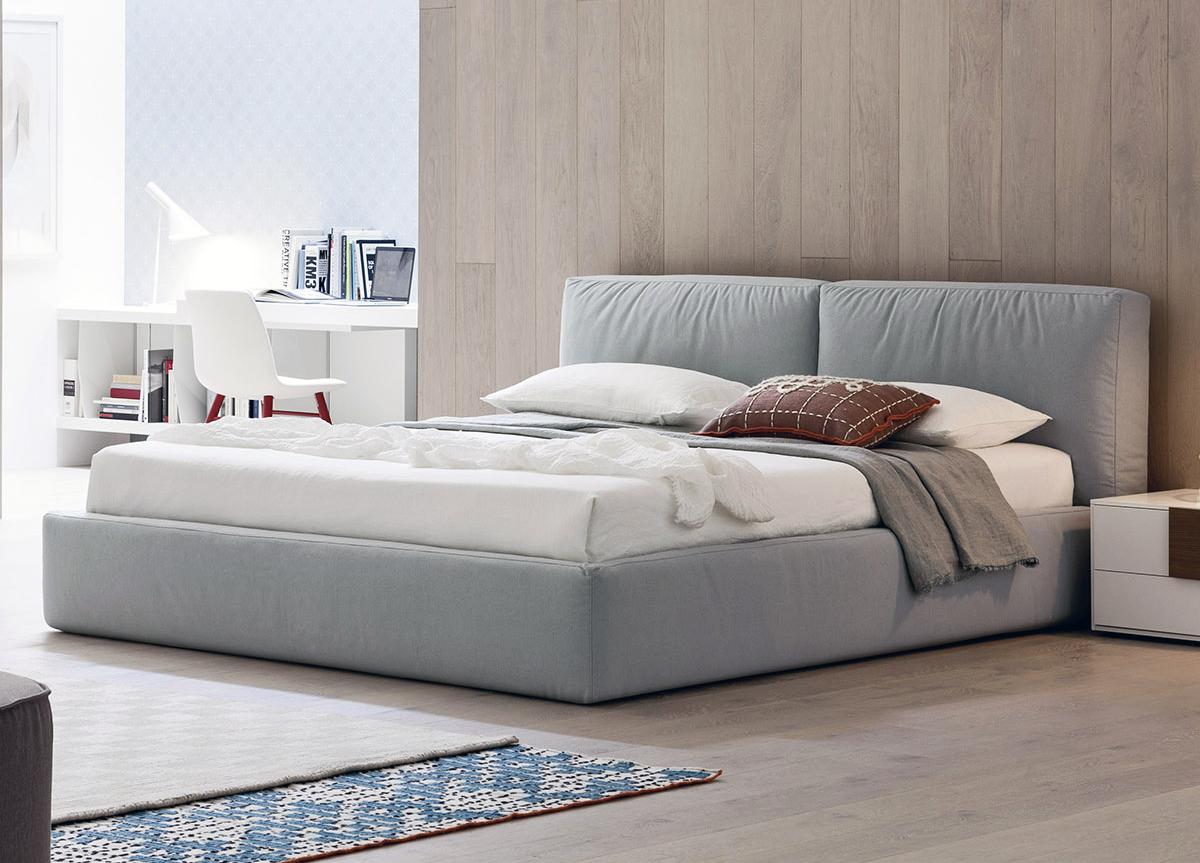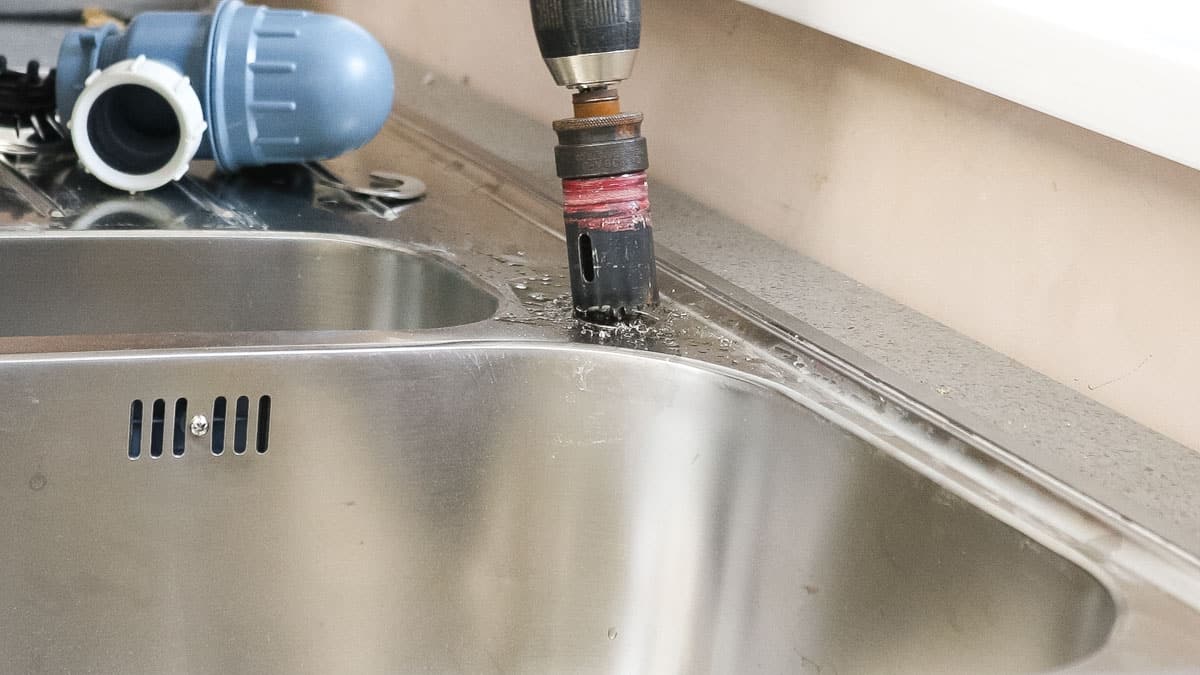Memory foam has been gaining popularity as a preferred mattress material in recent years. It is made from a type of polyurethane foam that is designed to contour to the shape of your body, providing support and comfort. Unlike traditional mattresses, memory foam molds to your body and evenly distributes your weight, reducing pressure points and providing a more restful sleep. Let's take a deeper look at the benefits and differences between memory foam and traditional mattresses.Memory Foam: The Contouring Comfort
Traditional mattresses have been around for centuries and are still a popular choice for many people. They are typically made with innerspring coils and layers of padding, creating a bouncy and supportive surface. Traditional mattresses come in a variety of firmness levels and are often more affordable than memory foam. However, they may not offer the same level of comfort and support as memory foam.Traditional Mattress: The Tried and True Choice
The main difference between memory foam and traditional mattresses is the way they respond to pressure. Memory foam responds to heat and pressure, allowing it to conform to your body shape and provide support. Traditional mattresses, on the other hand, rely on the support of innerspring coils and may not contour to your body as closely. Additionally, memory foam is known for its motion isolation properties, meaning it absorbs movement and reduces disturbances from a restless partner.What Sets Them Apart: The Differences
When it comes to comfort, memory foam and traditional mattresses have their own pros and cons. Memory foam offers a plush and contouring feel that can alleviate aches and pains, making it a popular choice for those with chronic pain. However, some people may find memory foam too soft and may prefer the firmer support of a traditional mattress. Traditional mattresses also have the added benefit of being cooler and more breathable than memory foam, which can retain heat.Comparing Comfort: The Pros and Cons
Proper support is crucial for a good night's sleep and overall health. Memory foam provides targeted support, contouring to your body and reducing pressure points. This can be especially beneficial for those with back pain. Traditional mattresses, on the other hand, rely on innerspring coils for support. While they can provide a firm surface, they may not offer the same level of targeted support as memory foam.Support Matters: The Importance of Proper Support
When it comes to durability, memory foam and traditional mattresses have different lifespans. Memory foam is known for its longevity, with some brands offering warranties of up to 25 years. This is due to the high-quality materials used in memory foam, which can withstand wear and tear over time. Traditional mattresses may not last as long, with an average lifespan of 7-10 years. However, this can vary depending on the brand and materials used.Durability: Which One Lasts Longer?
One of the biggest factors that may influence your decision between memory foam and traditional mattresses is the price. Memory foam mattresses tend to be more expensive than traditional mattresses, with some high-end brands costing thousands of dollars. However, the long-term durability and comfort of memory foam may make it a worthwhile investment for those looking for a good night's sleep.The Price Tag: Is Memory Foam Worth the Investment?
Both memory foam and traditional mattresses are made with different materials, which can affect their overall feel and performance. Memory foam is typically made with polyurethane foam and may also include other materials such as gel or plant-based oils for added cooling or eco-friendly benefits. Traditional mattresses use a variety of materials such as cotton, wool, and latex, as well as innerspring coils for support.Materials Matter: A Closer Look at What They're Made Of
Ultimately, the choice between memory foam and traditional mattresses comes down to personal preference. If you prefer a plush and contouring feel with targeted support, memory foam may be the better option for you. However, if you prefer a firmer surface and don't mind a bit of bounce, a traditional mattress may be a more suitable choice. Consider your budget, sleeping preferences, and any health concerns when making your decision.Which One is Right for You?
Both memory foam and traditional mattresses have their own unique benefits and drawbacks. While memory foam offers superior comfort and support, it comes at a higher price point. Traditional mattresses may be more affordable and offer a firmer surface, but they may not provide the same level of support and pressure relief as memory foam. Ultimately, it's important to do your research and choose the mattress that best suits your individual needs and preferences.In Conclusion: The Verdict
Why Memory Foam is the Better Choice for Your Next Mattress

Experience Ultimate Comfort and Support with Memory Foam
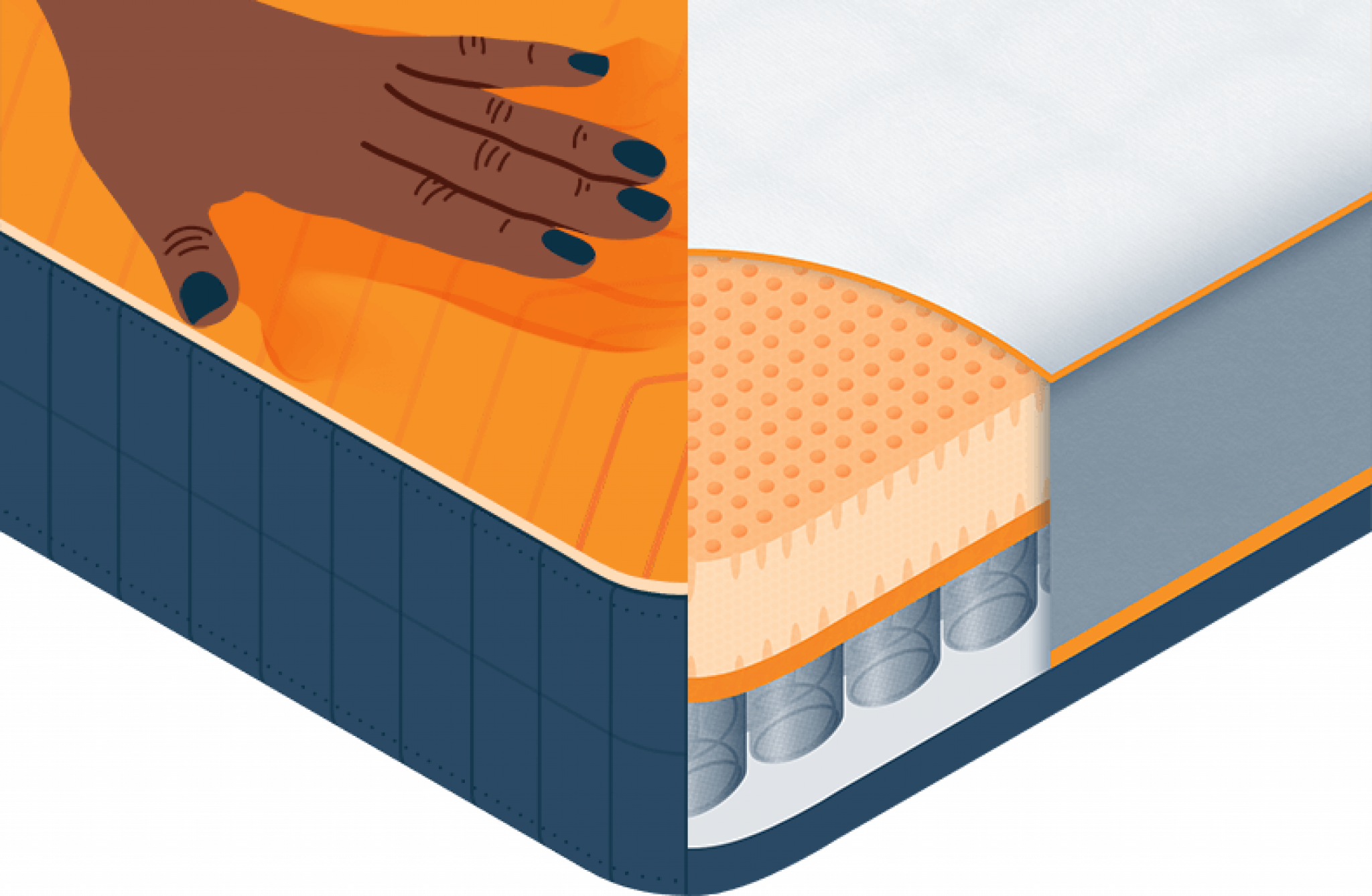 When it comes to choosing the perfect mattress for your home, there are endless options available on the market. However, two popular choices that often come up in the debate are memory foam and traditional mattresses. While both have their own benefits, there's no denying that memory foam has gained the upper hand in recent years. Here's why:
Pressure Relief and Body Contouring
One of the most notable differences between memory foam and traditional mattresses is the way they distribute weight and relieve pressure points. Traditional mattresses are known for having firm support, which can lead to uncomfortable pressure on certain parts of the body, especially for those who suffer from back pain. Memory foam, on the other hand, is designed to contour to the body's shape, providing personalized support and evenly distributing weight. This not only leads to better comfort but also helps reduce the risk of developing pressure sores and back pain.
Durability and Longevity
Investing in a new mattress is a big decision, and you want to make sure it will last for years to come. Memory foam mattresses are known for their durability and longevity, thanks to their high-density foam construction. This material is designed to withstand the wear and tear of everyday use, and many memory foam mattresses come with extended warranties to give you peace of mind. On the other hand, traditional mattresses tend to lose their shape and support over time, leading to the need for replacement sooner than expected.
Personalized Comfort and Motion Isolation
No two bodies are the same, and neither are their sleeping preferences. Memory foam mattresses offer personalized comfort by adjusting to the body's unique shape and temperature. This not only leads to better comfort but can also help reduce motion transfer, making it a great option for couples or those who share a bed with a restless sleeper. Traditional mattresses, on the other hand, have a one-size-fits-all approach, which may not cater to everyone's specific needs.
In conclusion, while traditional mattresses have been the go-to choice for many years, memory foam has taken the lead for its superior comfort, durability, and personalized support. If you're looking to upgrade your mattress, consider the benefits of memory foam and give yourself the gift of a good night's sleep.
When it comes to choosing the perfect mattress for your home, there are endless options available on the market. However, two popular choices that often come up in the debate are memory foam and traditional mattresses. While both have their own benefits, there's no denying that memory foam has gained the upper hand in recent years. Here's why:
Pressure Relief and Body Contouring
One of the most notable differences between memory foam and traditional mattresses is the way they distribute weight and relieve pressure points. Traditional mattresses are known for having firm support, which can lead to uncomfortable pressure on certain parts of the body, especially for those who suffer from back pain. Memory foam, on the other hand, is designed to contour to the body's shape, providing personalized support and evenly distributing weight. This not only leads to better comfort but also helps reduce the risk of developing pressure sores and back pain.
Durability and Longevity
Investing in a new mattress is a big decision, and you want to make sure it will last for years to come. Memory foam mattresses are known for their durability and longevity, thanks to their high-density foam construction. This material is designed to withstand the wear and tear of everyday use, and many memory foam mattresses come with extended warranties to give you peace of mind. On the other hand, traditional mattresses tend to lose their shape and support over time, leading to the need for replacement sooner than expected.
Personalized Comfort and Motion Isolation
No two bodies are the same, and neither are their sleeping preferences. Memory foam mattresses offer personalized comfort by adjusting to the body's unique shape and temperature. This not only leads to better comfort but can also help reduce motion transfer, making it a great option for couples or those who share a bed with a restless sleeper. Traditional mattresses, on the other hand, have a one-size-fits-all approach, which may not cater to everyone's specific needs.
In conclusion, while traditional mattresses have been the go-to choice for many years, memory foam has taken the lead for its superior comfort, durability, and personalized support. If you're looking to upgrade your mattress, consider the benefits of memory foam and give yourself the gift of a good night's sleep.
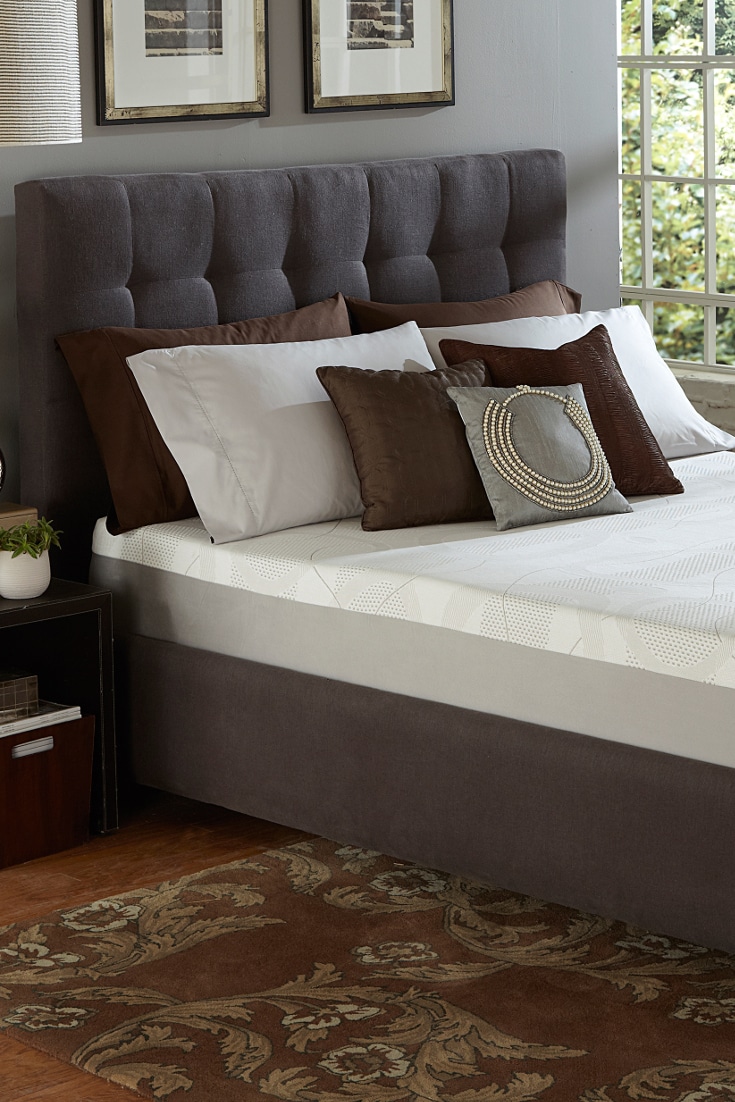
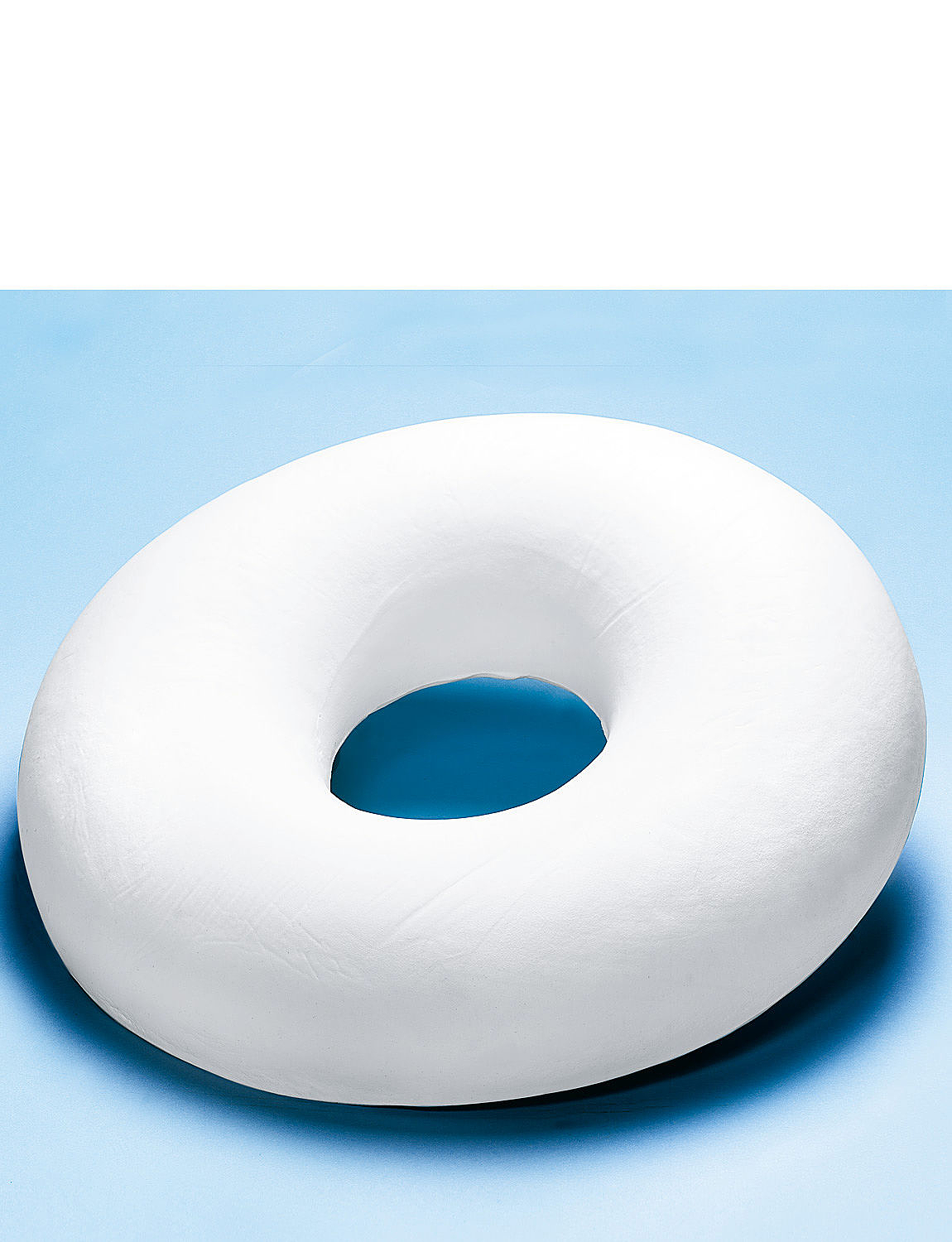




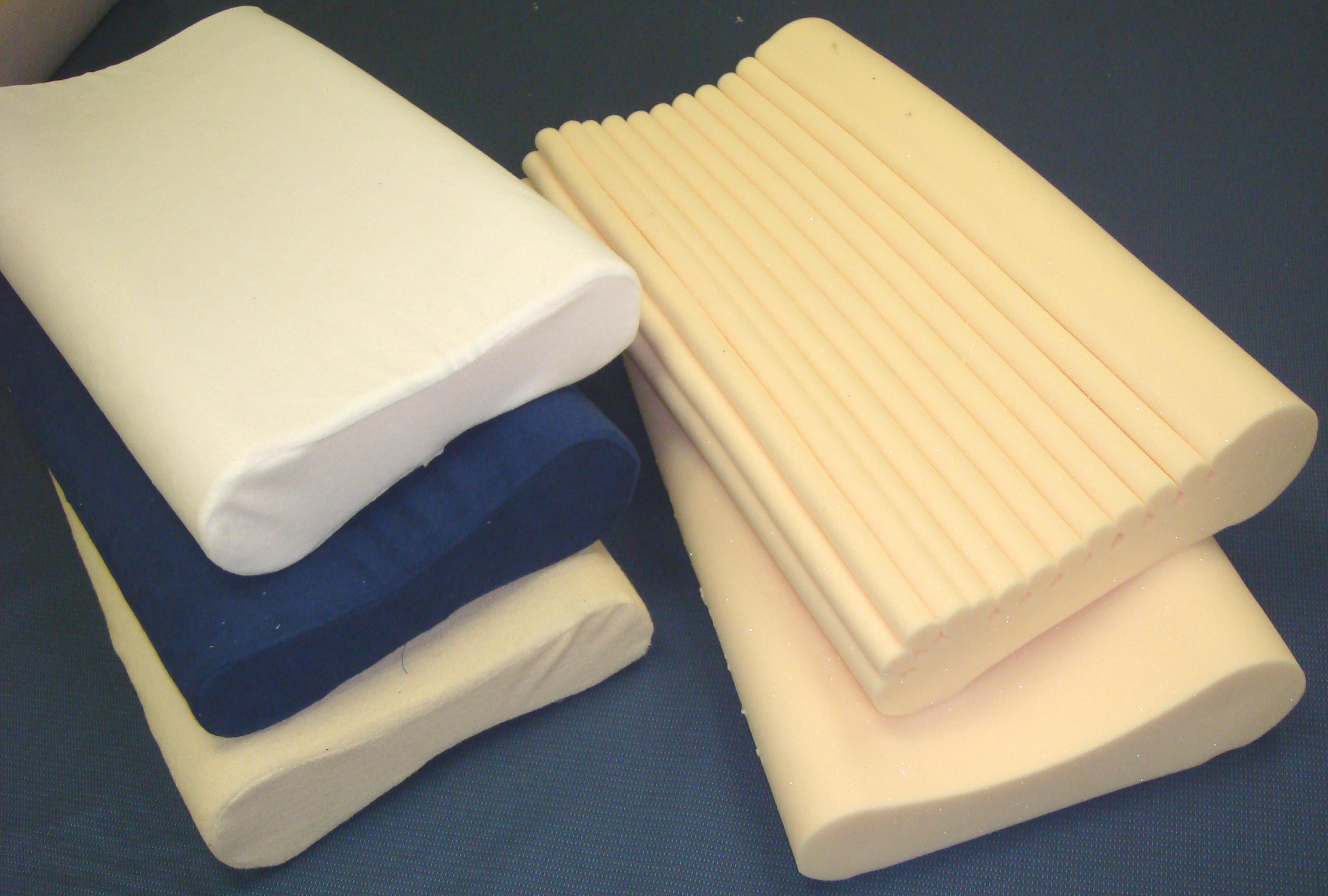
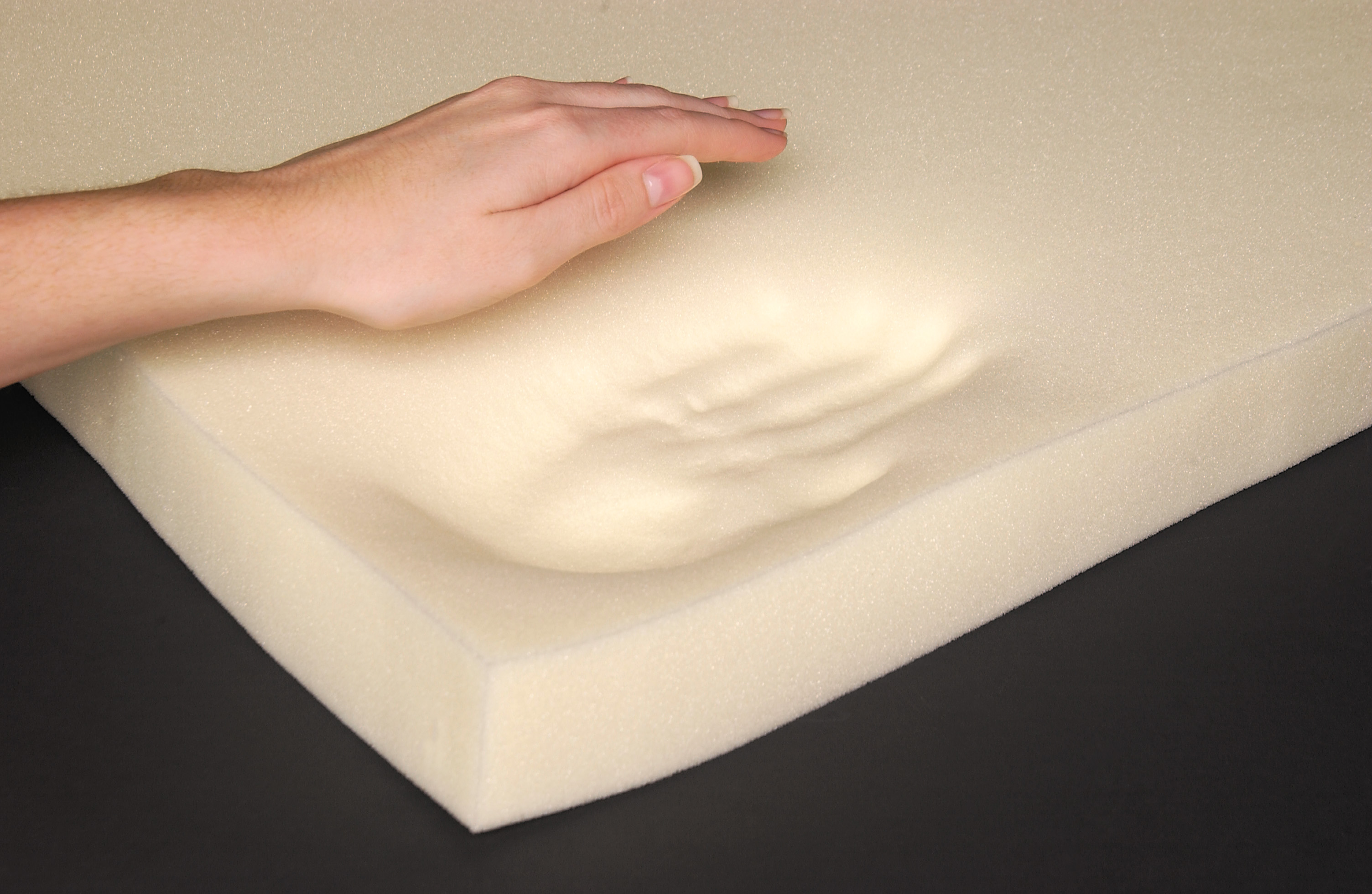
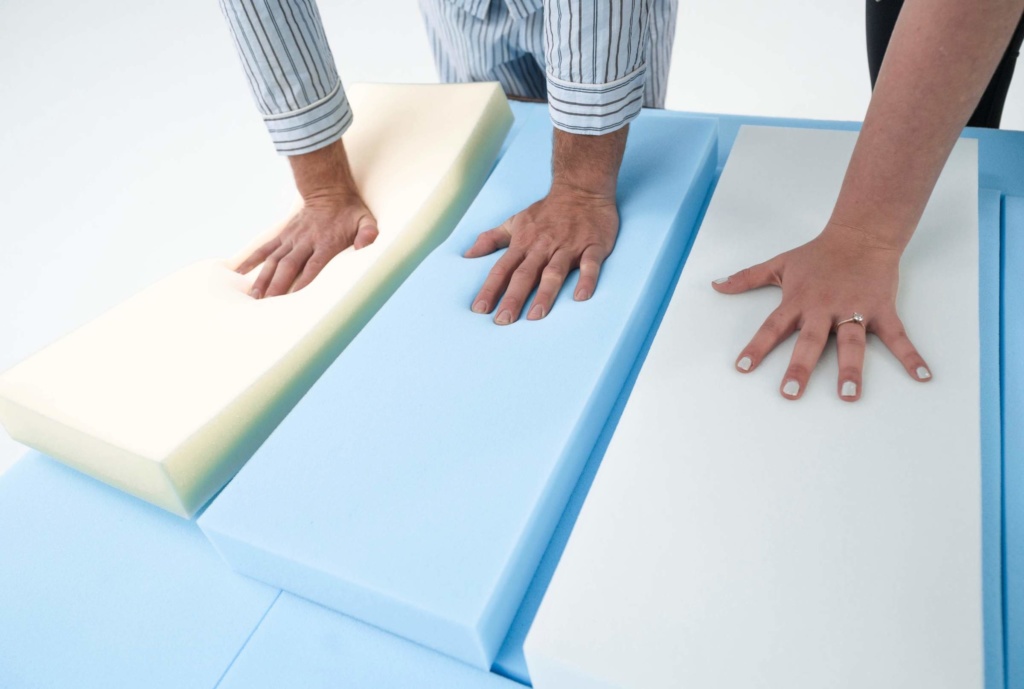
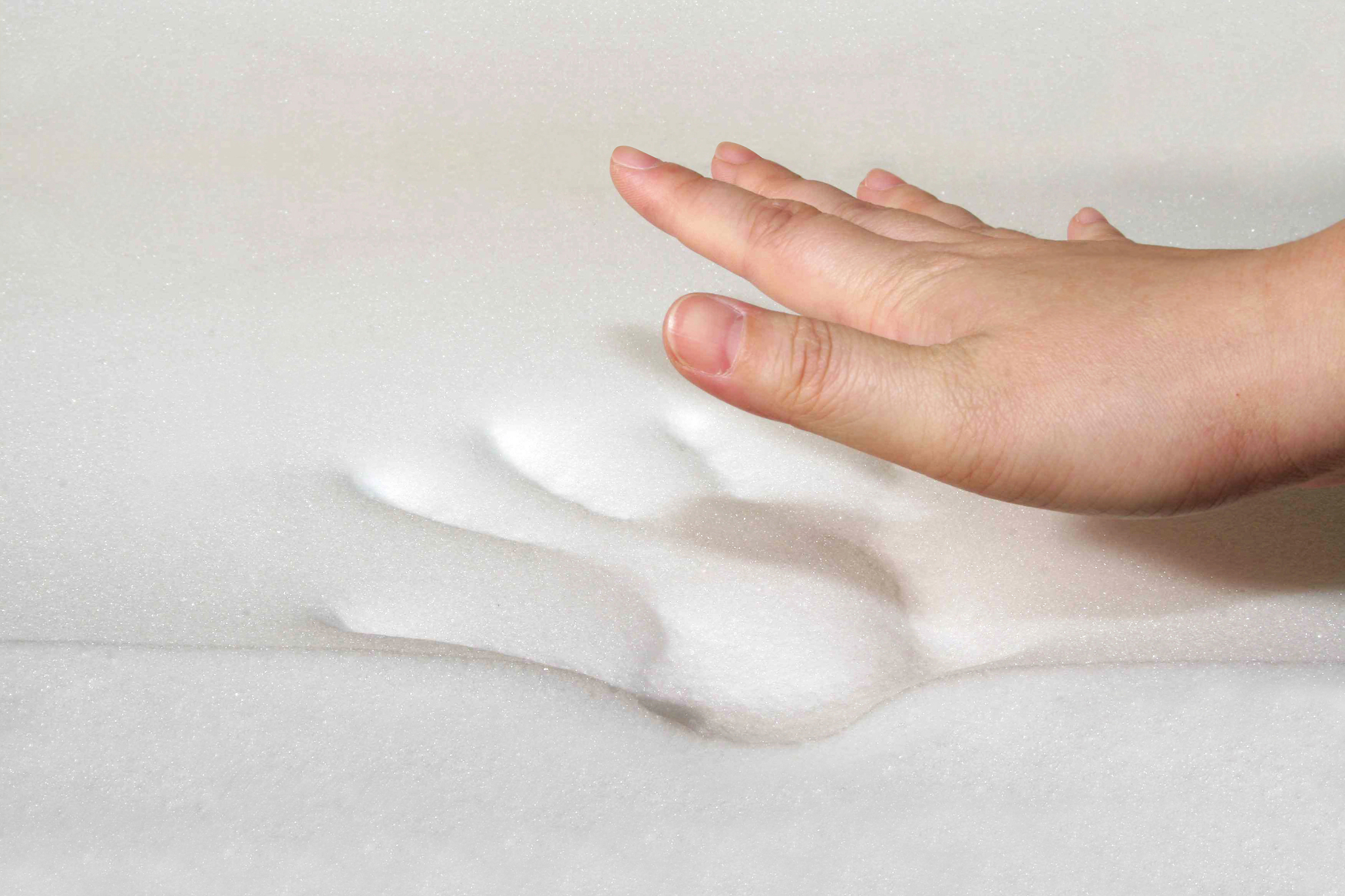
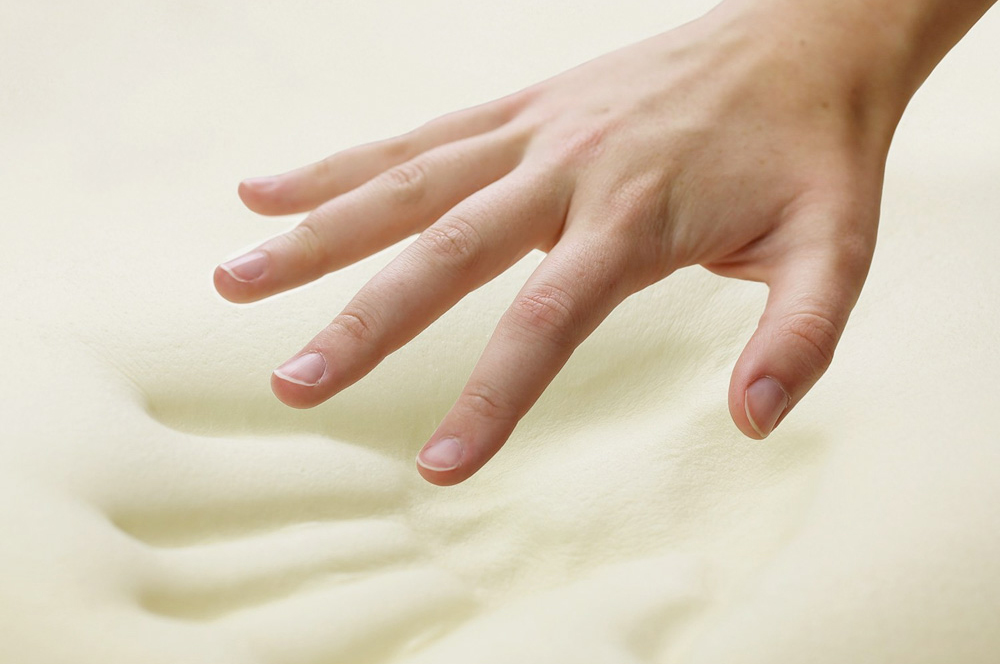



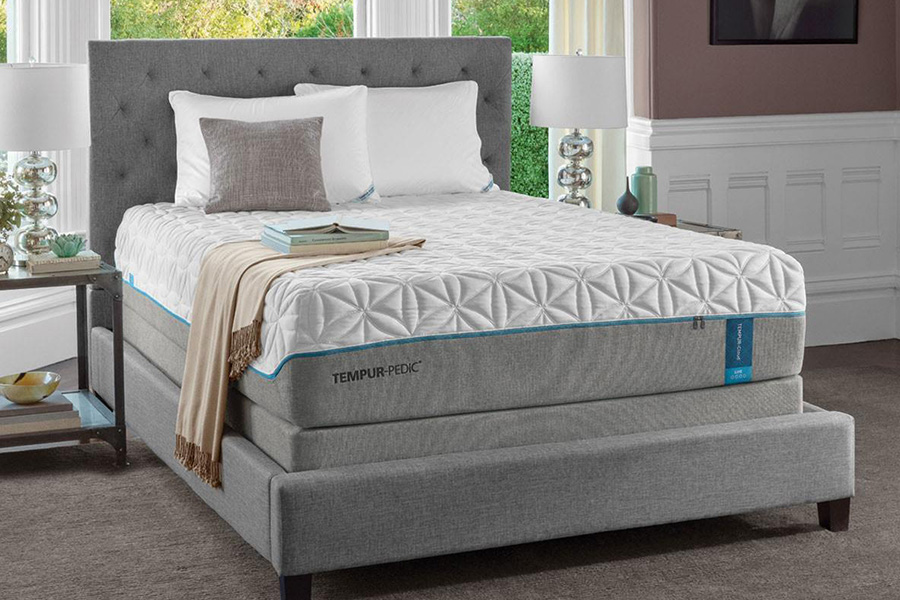
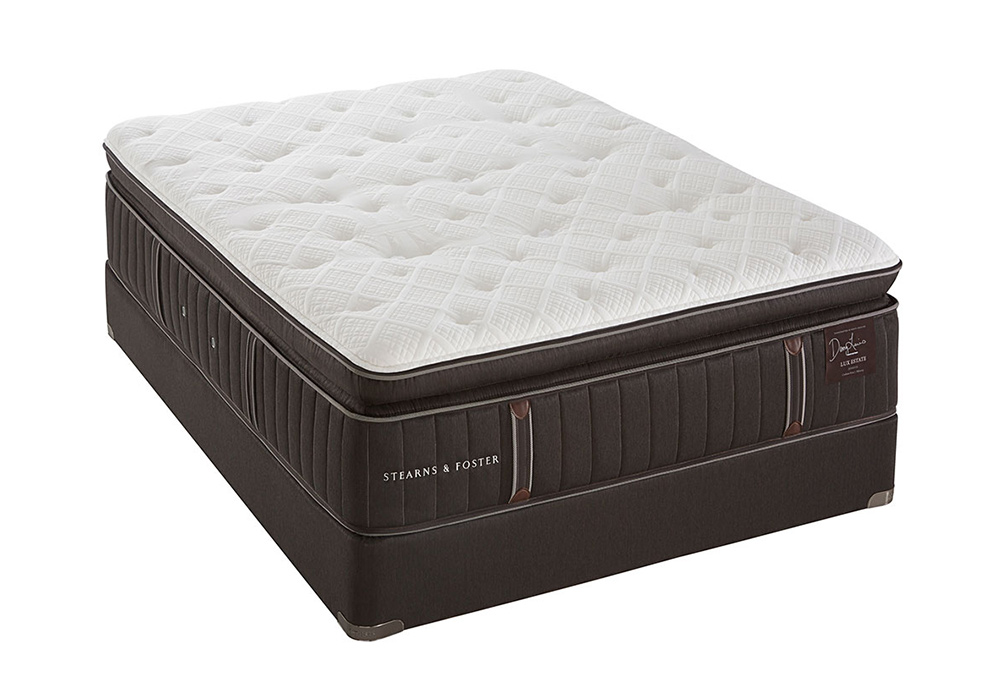


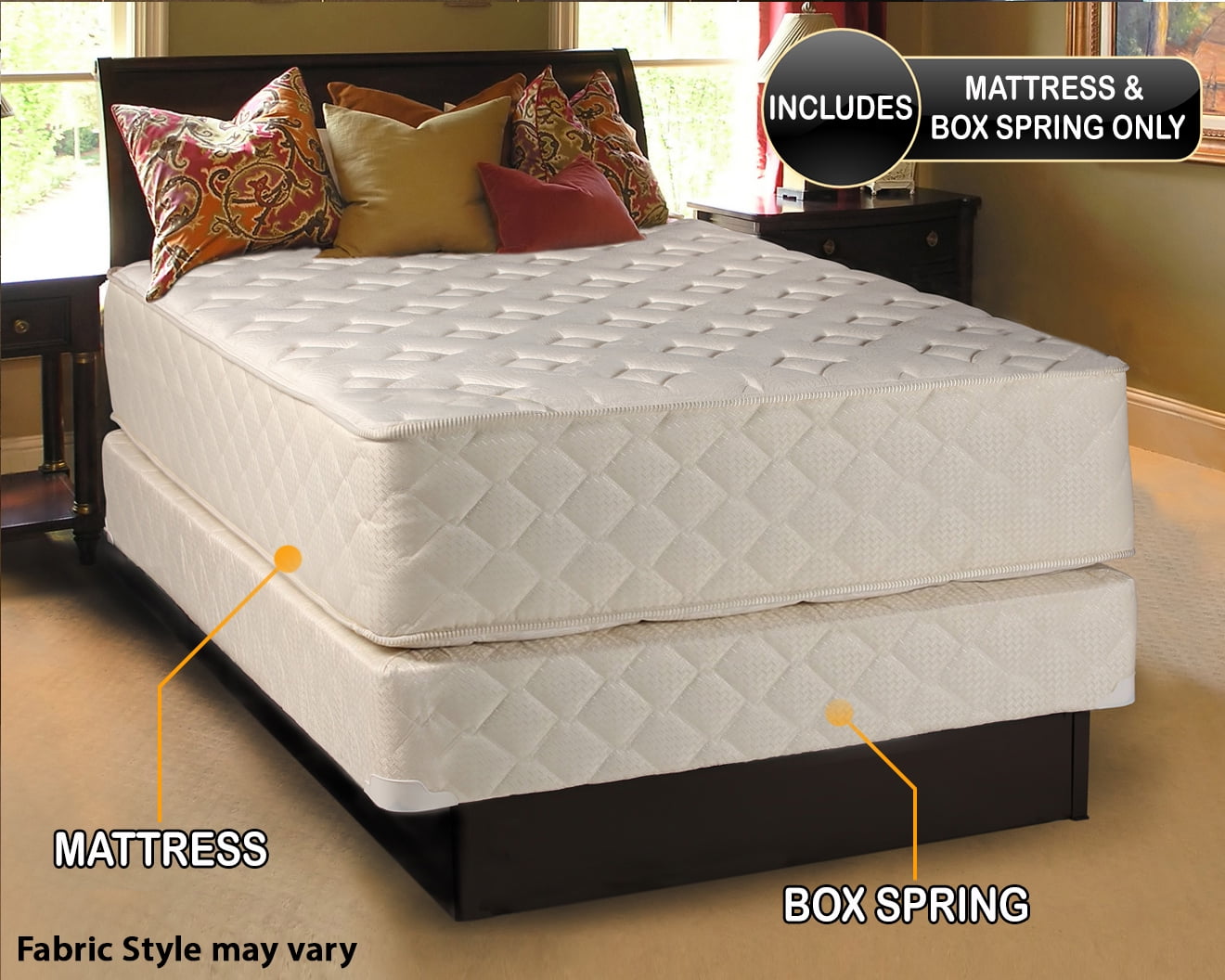


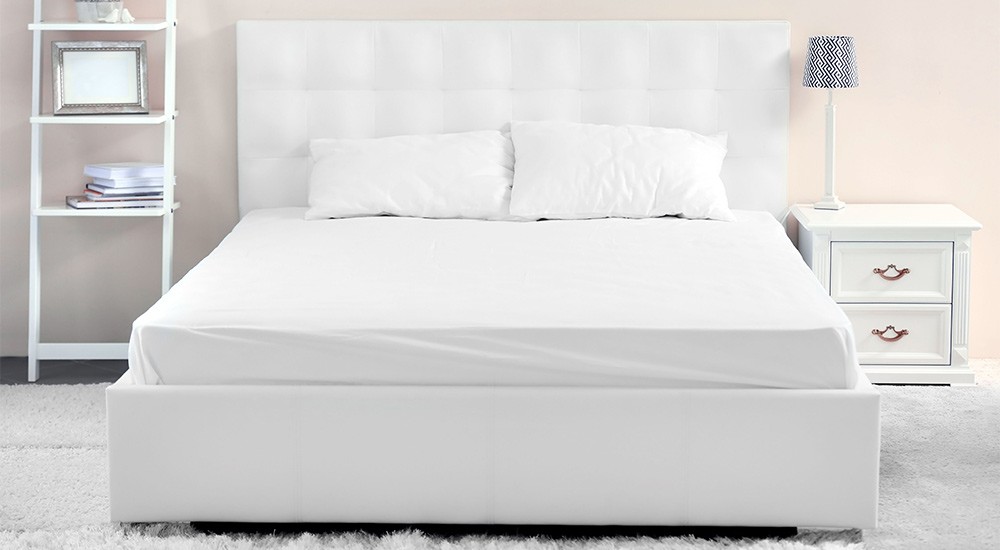


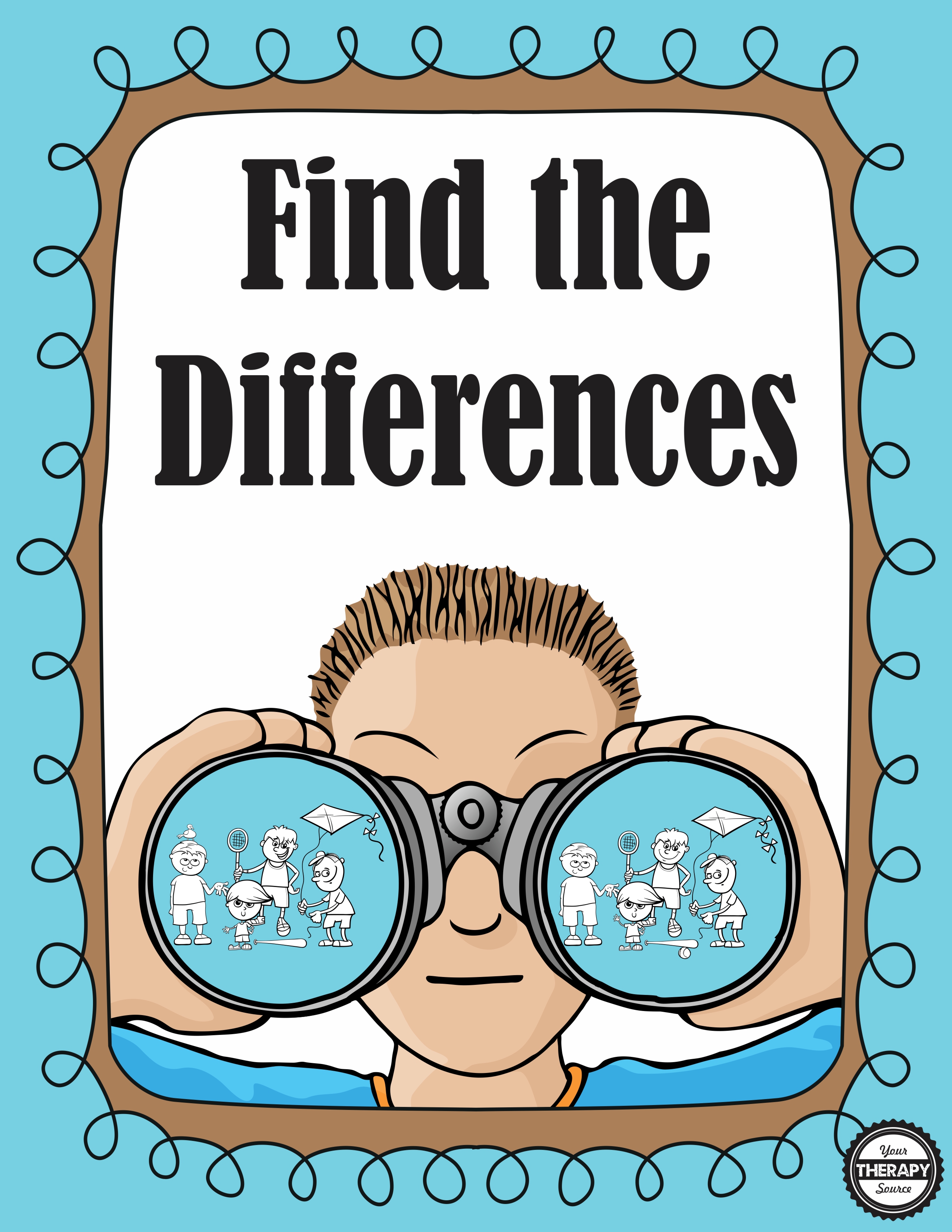








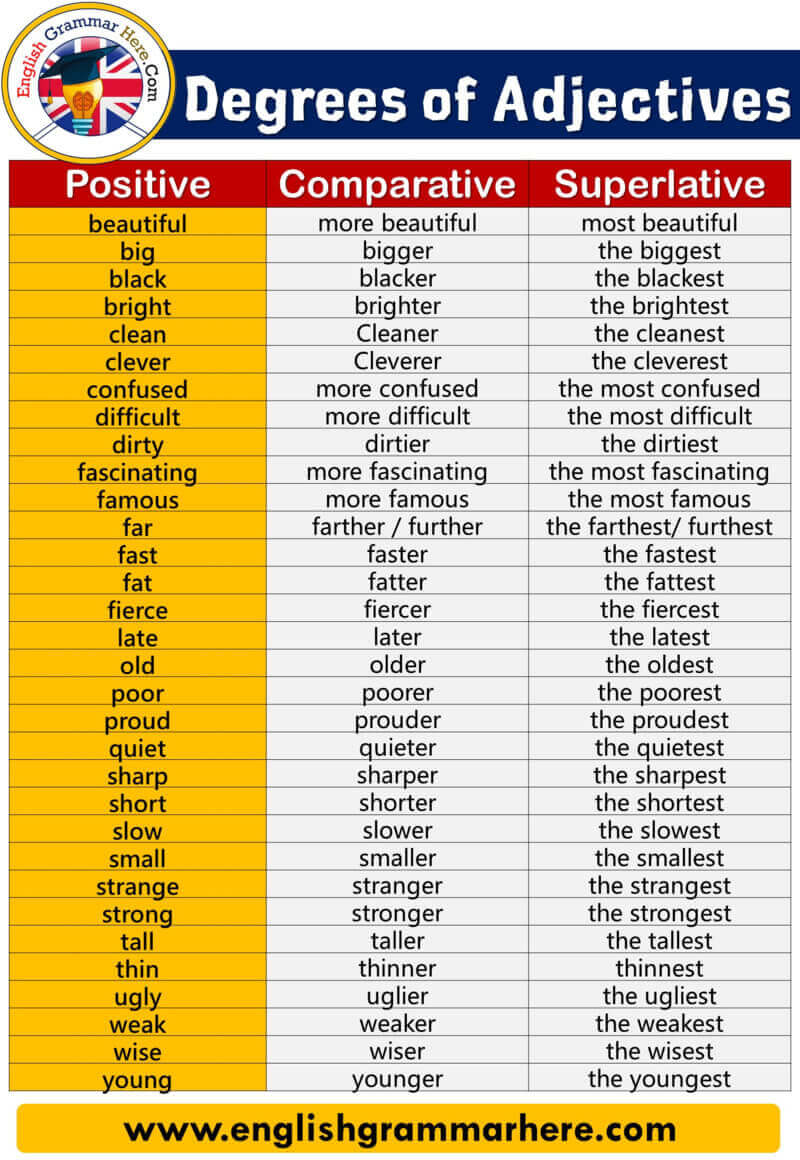


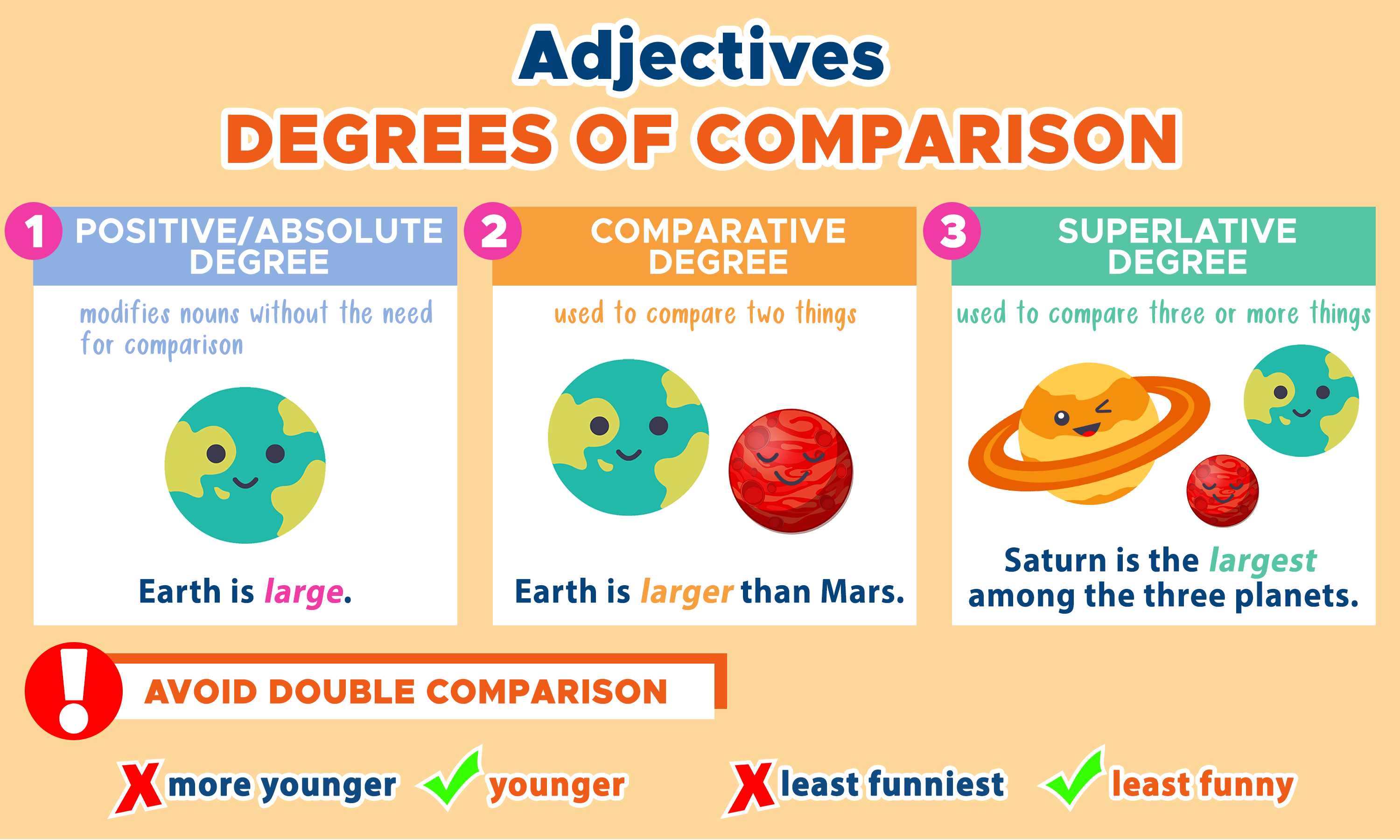



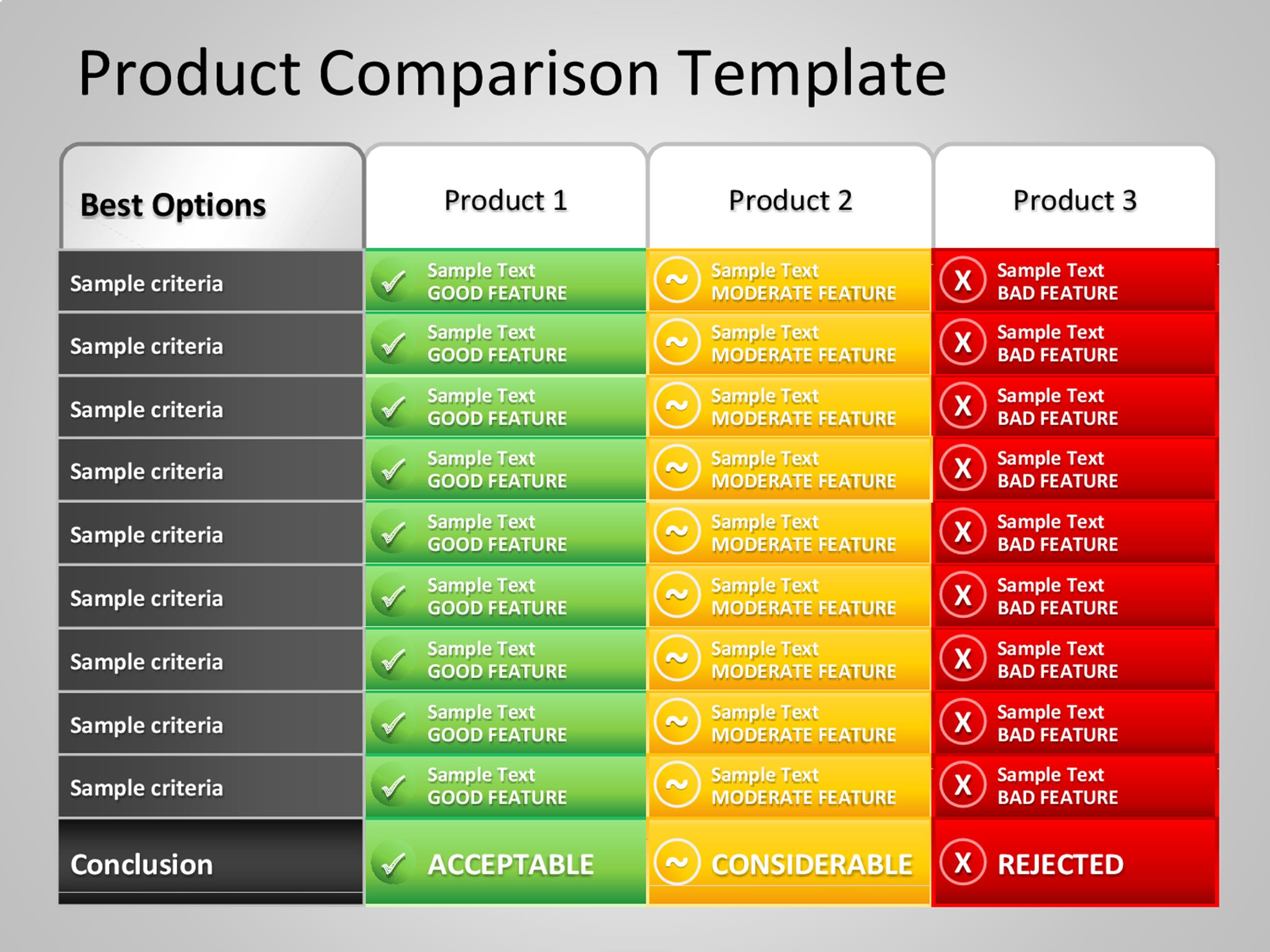

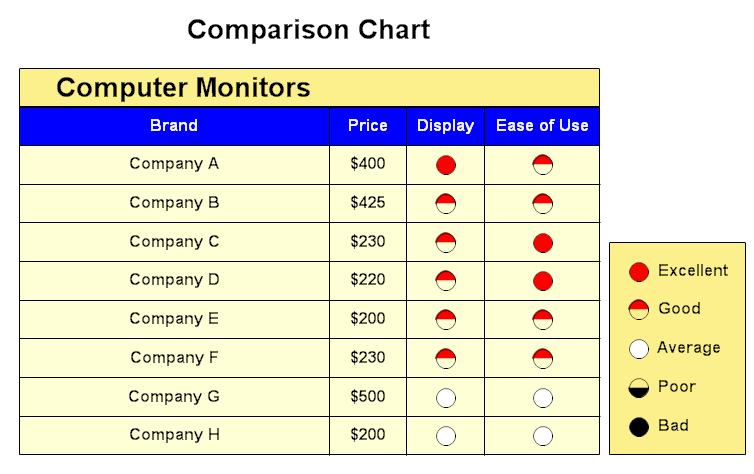
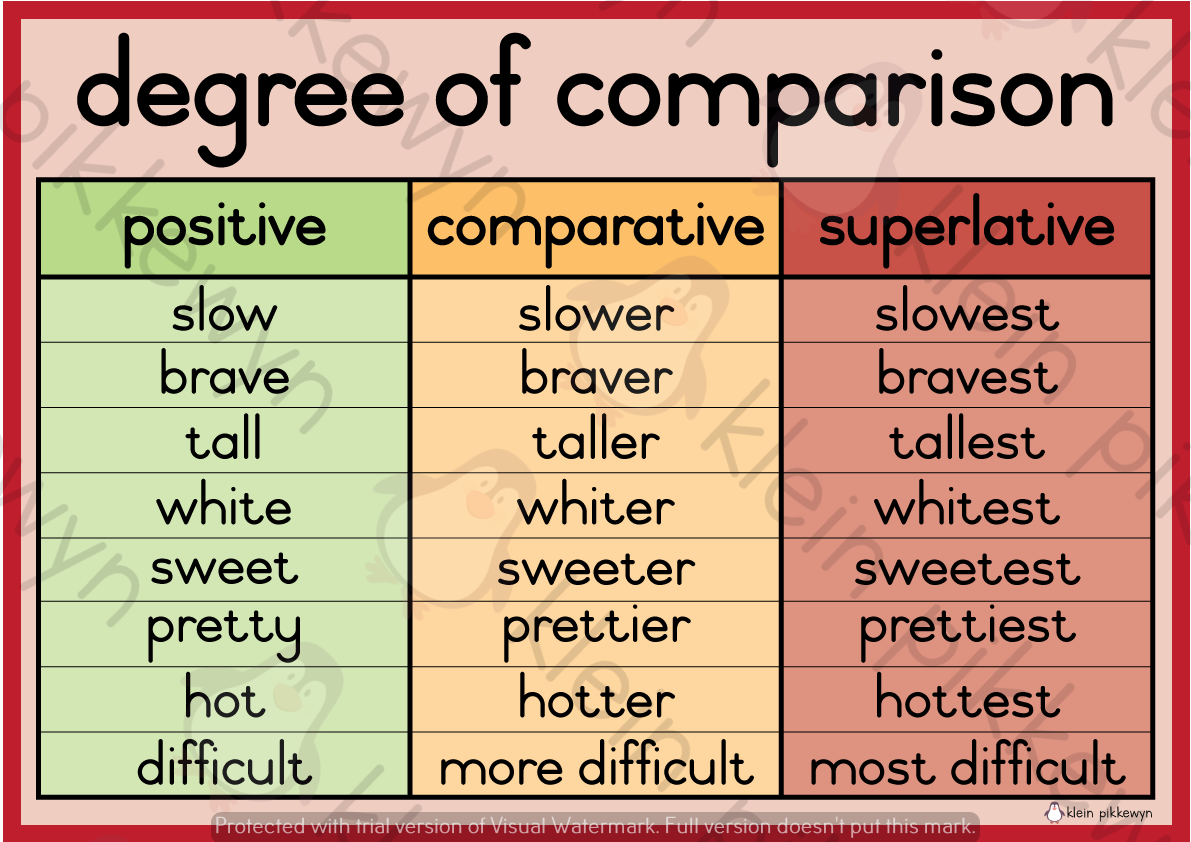
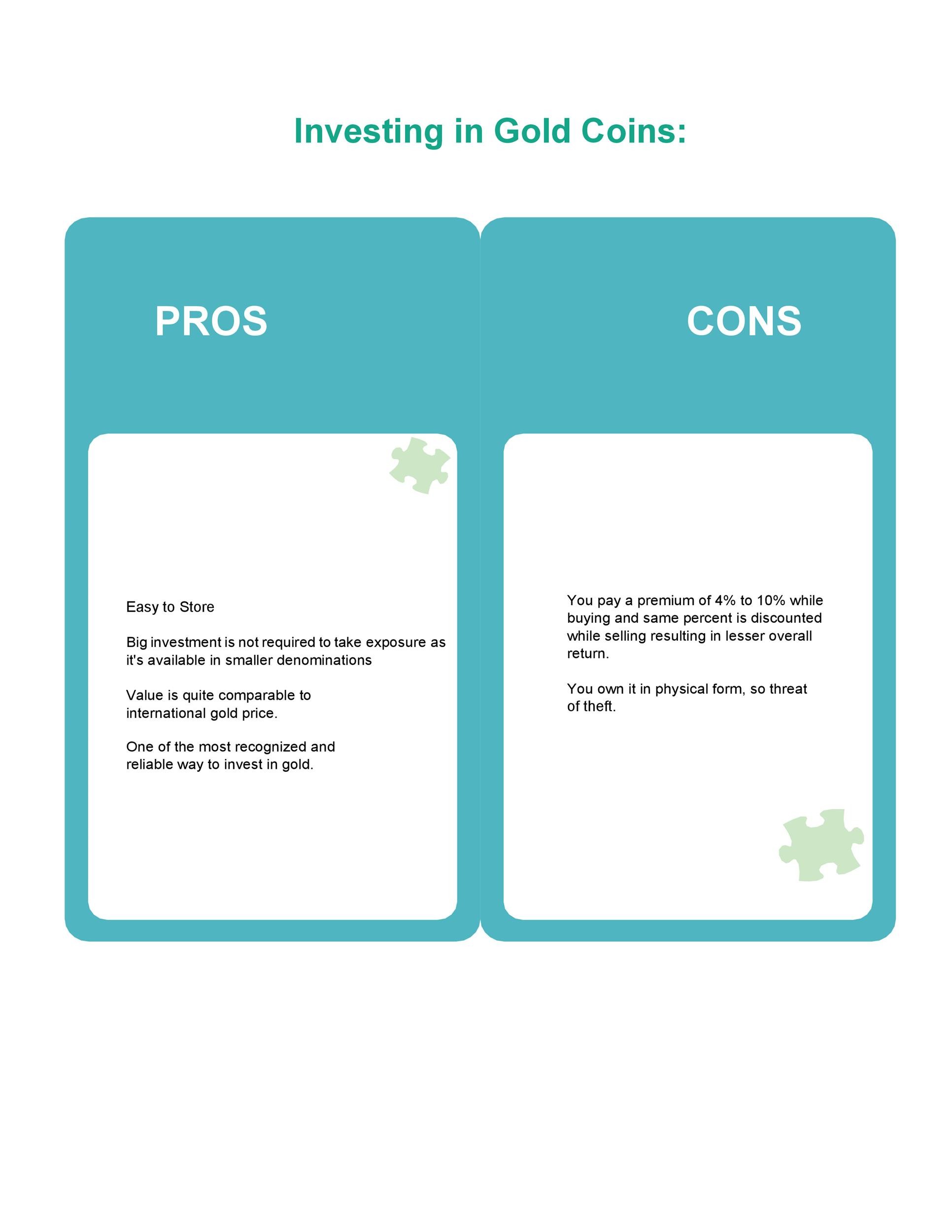
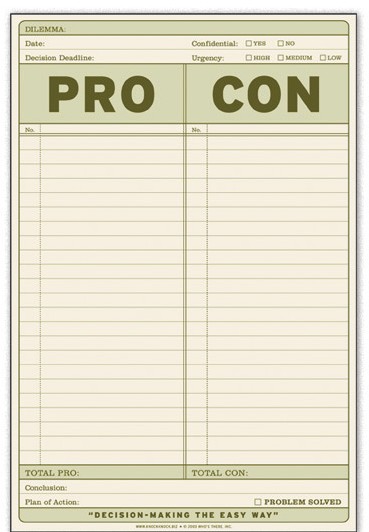

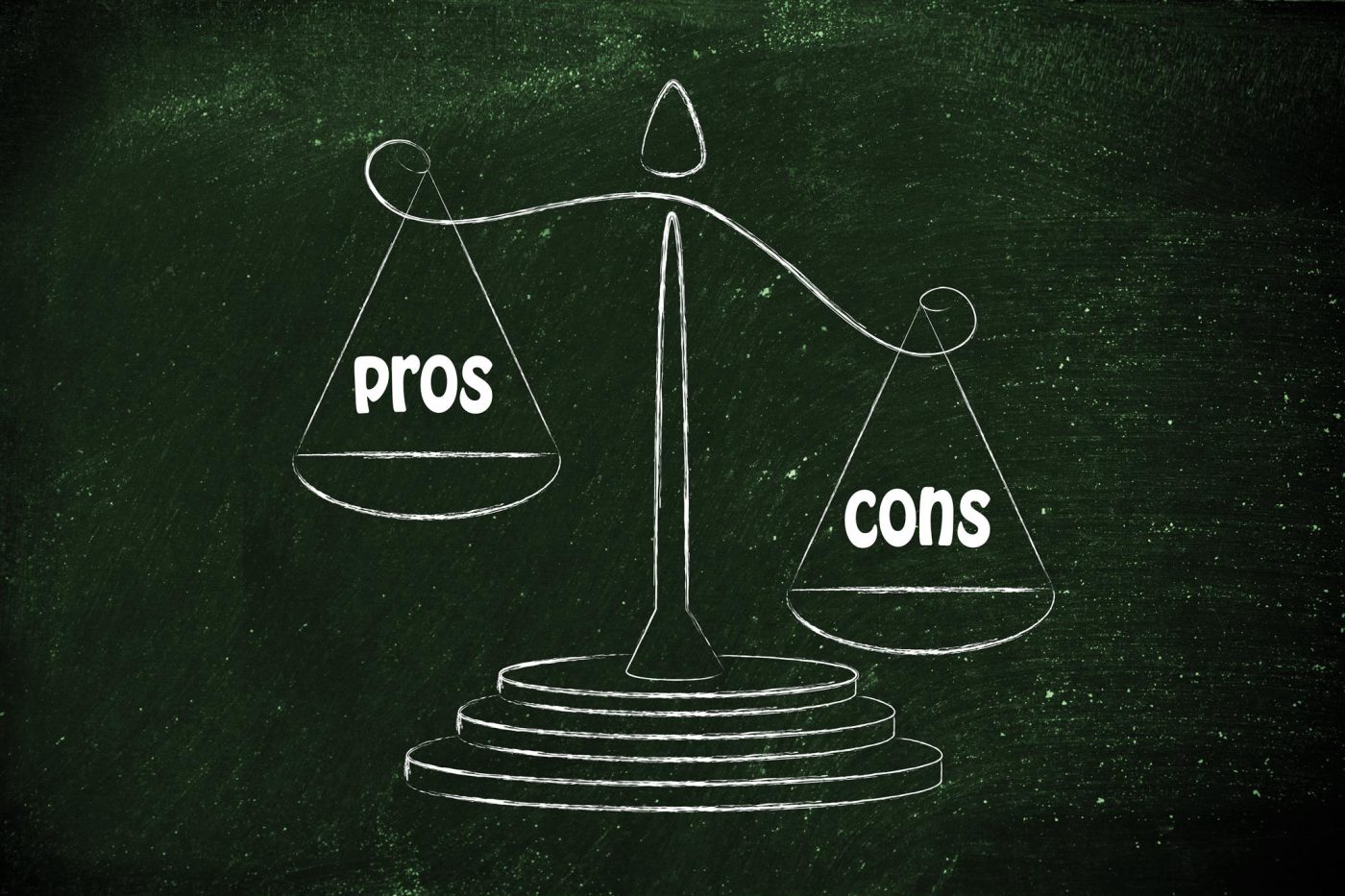


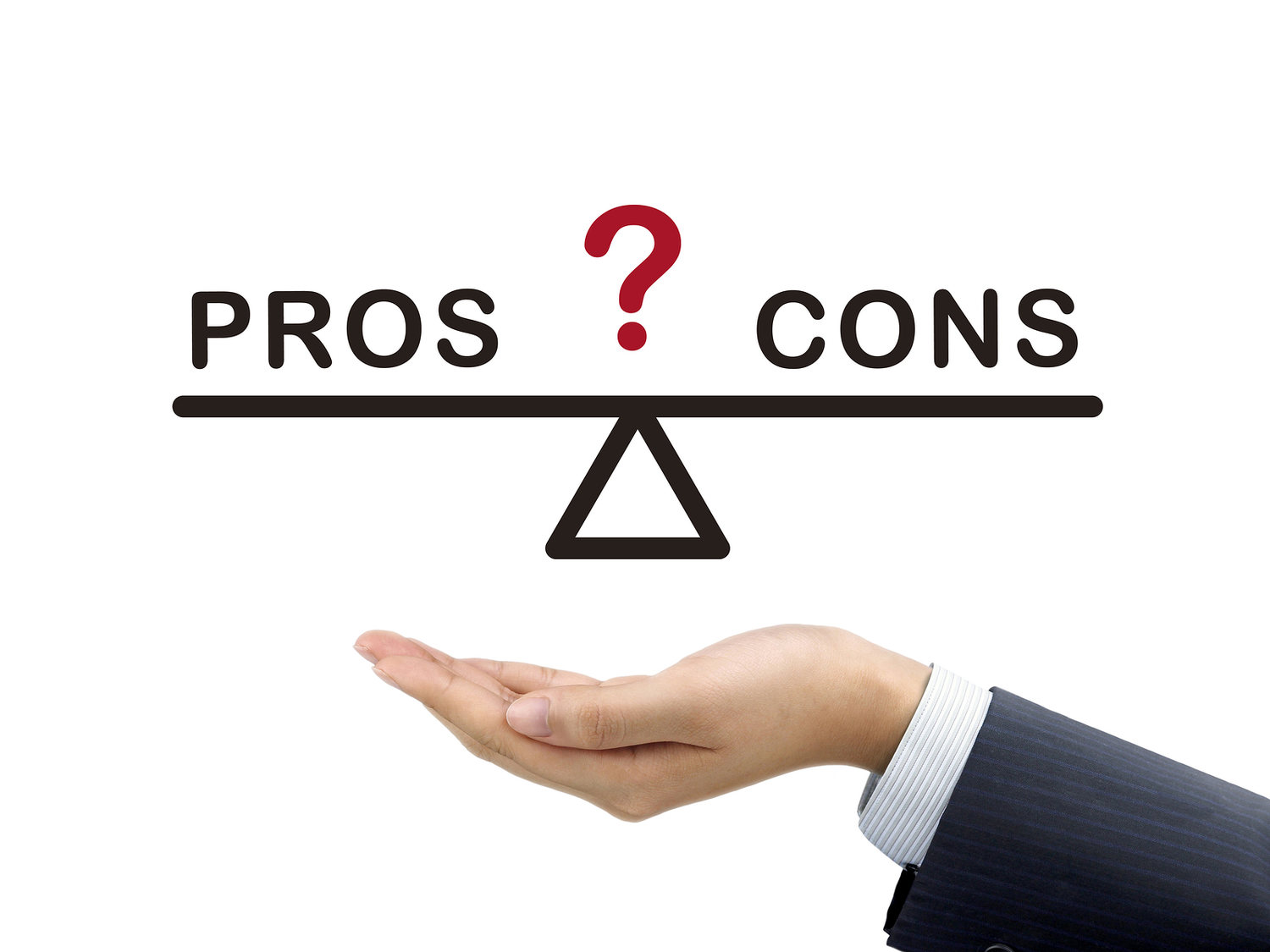


















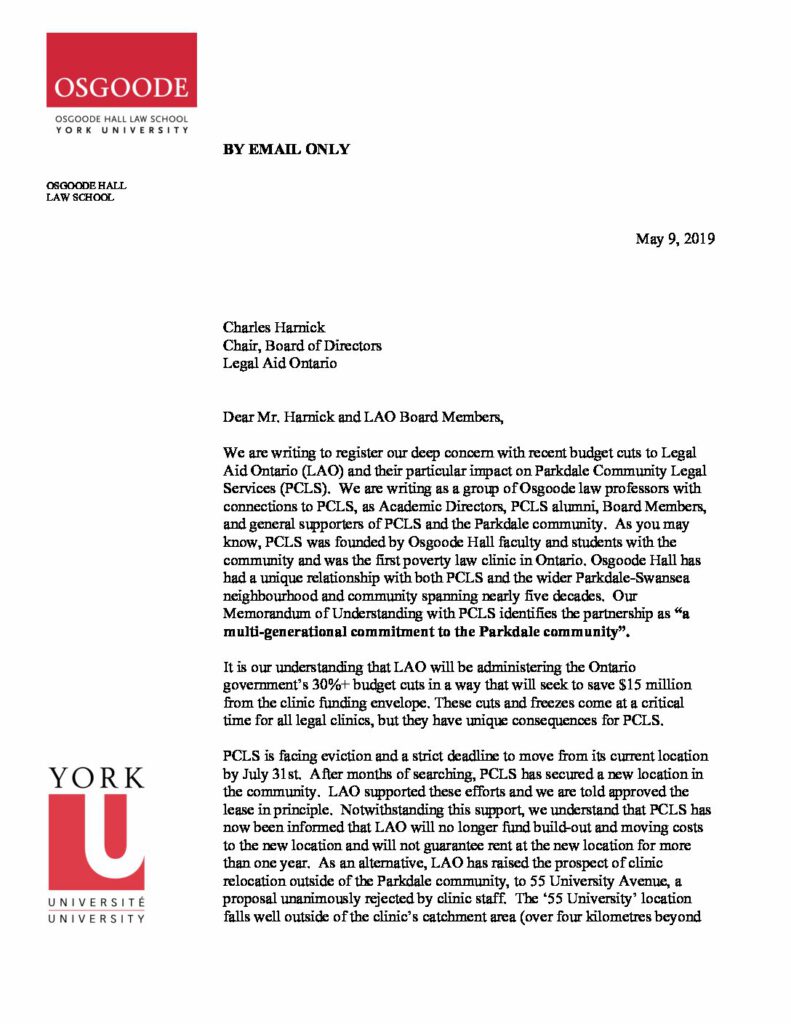







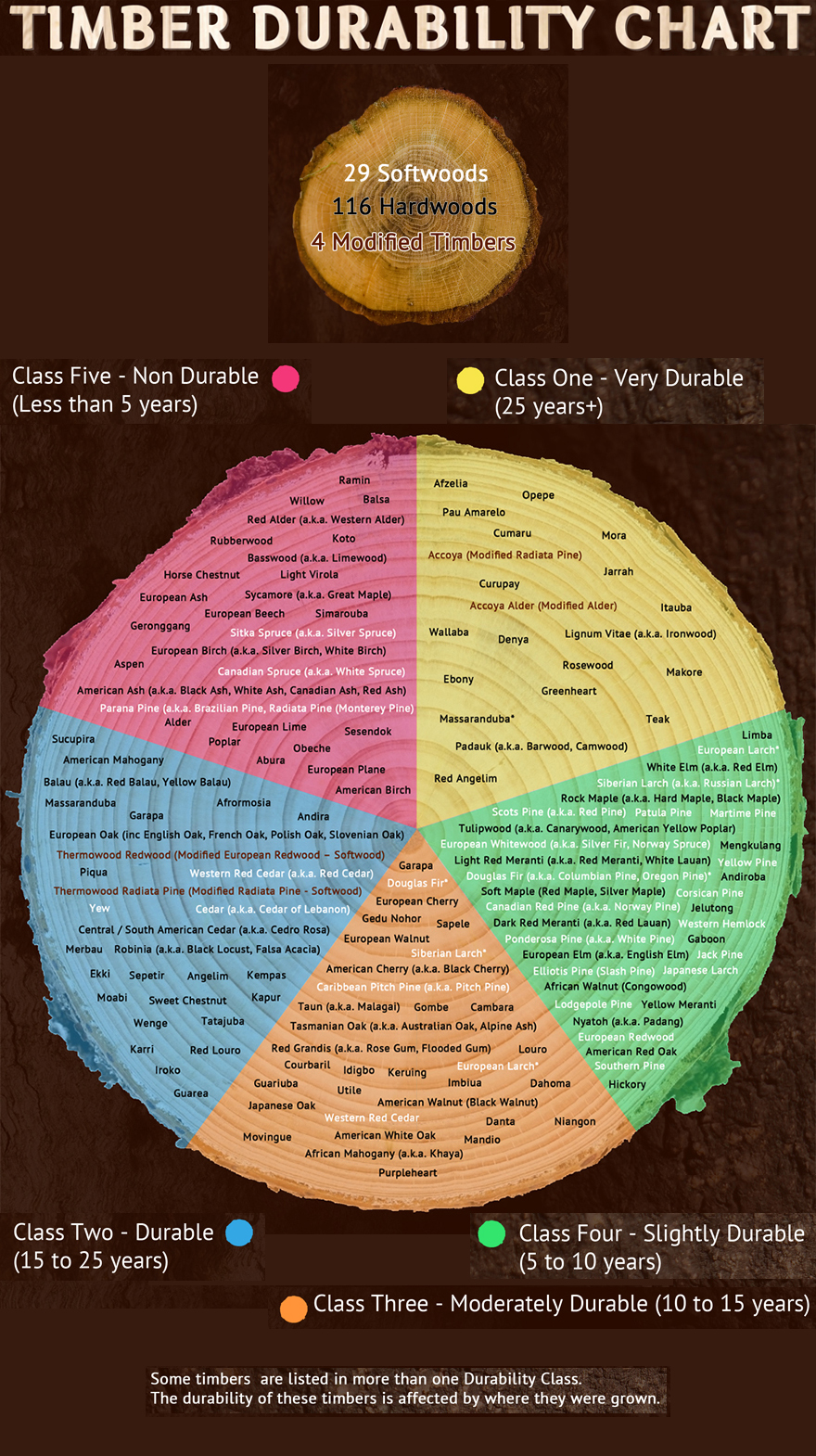







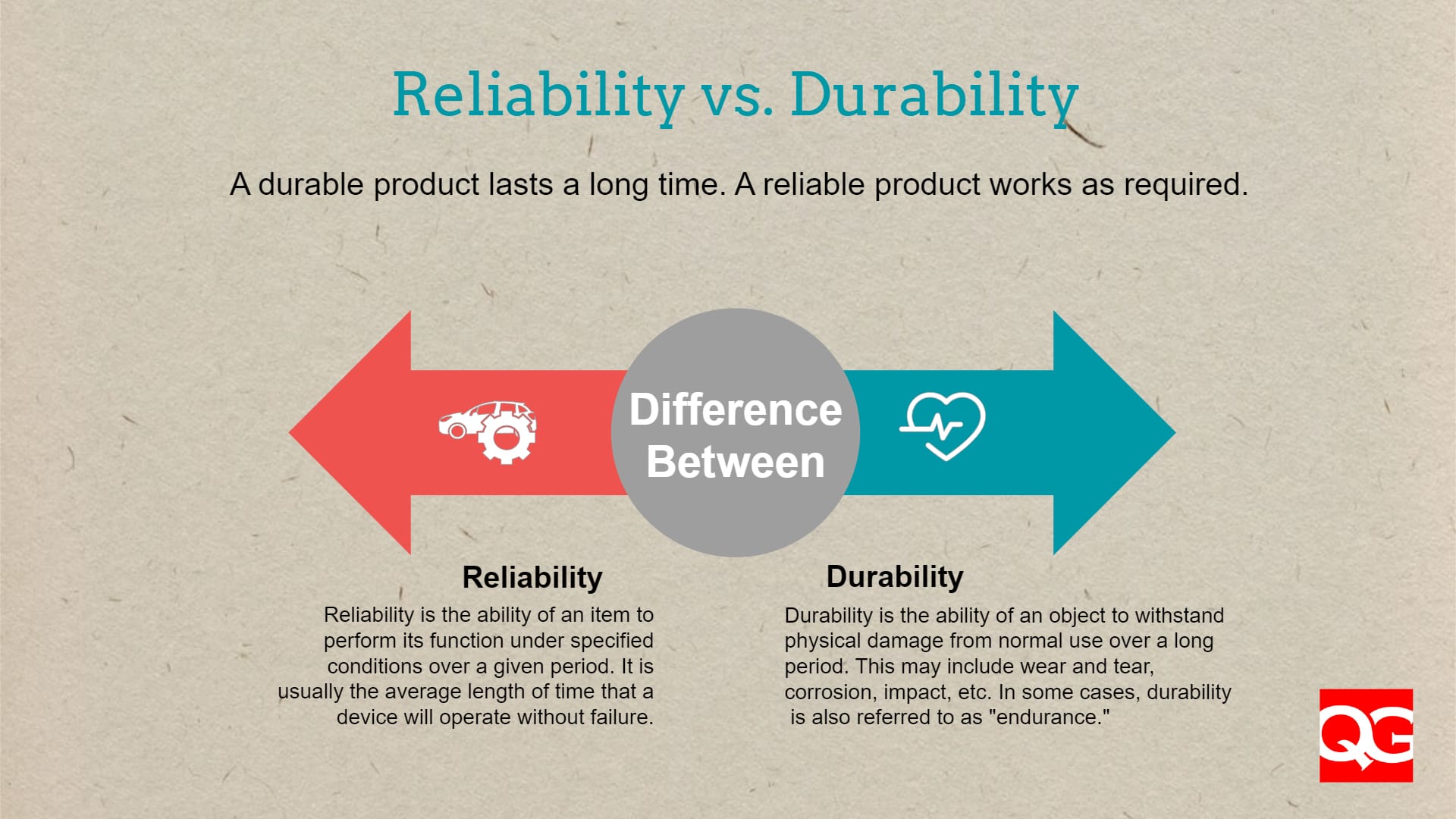




















.jpg)
